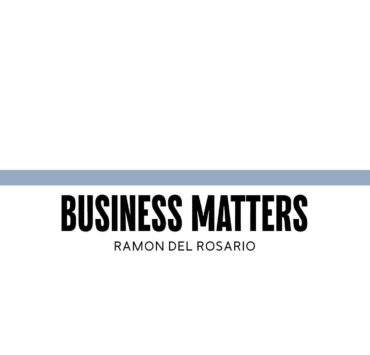Choose Integrity: Speak Up the Right Way on social media

We’ve all been there. A colleague says something that doesn’t sit right. A decision at work feels unfair. A situation unfolds that stirs discomfort or disagreement. In moments like these, frustration can easily boil over—and in today’s digital world, where a quick post is just a click away, the impulse to share those feelings online can feel not only convenient but justified. It’s immediate, it garners reactions, and it may even feel like a form of empowerment. But is it truly the path to change or just a release of emotion?
In this digital age, nearly everyone—regardless of profession—has access to platforms where we can share our thoughts, opinions, and experiences with the world. But for professionals, especially those in positions of influence and responsibility, this access comes with a deeper ethical obligation. Whether we work in schools, hospitals, offices, or government institutions, our online presence doesn’t exist in a vacuum. What we say publicly echoes beyond the screen and can shape perceptions, cultures, and relationships within our professional circles.
Integrity is not just about following the rules—it’s about consistency in what we believe, what we say, and what we do, especially when faced with conflict or dissatisfaction. When problems arise in the workplace, integrity asks us to pause, reflect, and choose the more difficult but ultimately more productive route: addressing concerns through proper channels. Speaking in meetings, offering feedback in private, seeking mediation, or using institutional mechanisms for grievances—these are not signs of silence or weakness. They are acts of maturity, responsibility, and real commitment to resolution.
By contrast, taking workplace issues to social media—especially through vague insinuations, anonymous posts, or passive-aggressive remarks—often does more harm than good. It clouds the issue, invites speculation, and seldom leads to meaningful change. Worse, it can breed division, fuel unnecessary drama, and undermine the dignity of those involved. Gossip and veiled criticism may feel like a release, but they do little to build the trust, safety, and accountability we all need in professional environments.
This doesn’t mean we shouldn’t speak up. On the contrary, silence in the face of real injustice helps no one. But how we speak up—and where—makes all the difference. If the intent is growth, let the approach reflect that intent. Constructive dialogue, grounded in empathy and guided by a willingness to listen as well as to speak, paves the way for progress. Let us shift from reacting in haste to responding with purpose.
Ultimately, choosing integrity isn’t about being perfect—it’s about being principled. It’s about recognizing that the way we handle disagreement is just as important as the disagreement itself. And in an era where so much is shared instantly, the decision to act with discretion, grace, and professionalism becomes a powerful statement.
No matter our title or industry, each of us plays a part in shaping the tone and values of our workplace. Let us be the ones who choose clarity over confusion, sincerity over spectacle, and dialogue over division. Speak not to tear down, but to build up. Because in the end, true change doesn’t begin with public complaints—it begins with honest, respectful conversations held in the right spirit, at the right time, and in the right way.
MARIA TERESA B. MACASINAG,
mariateresa.macasinag@deped.gov.ph

















